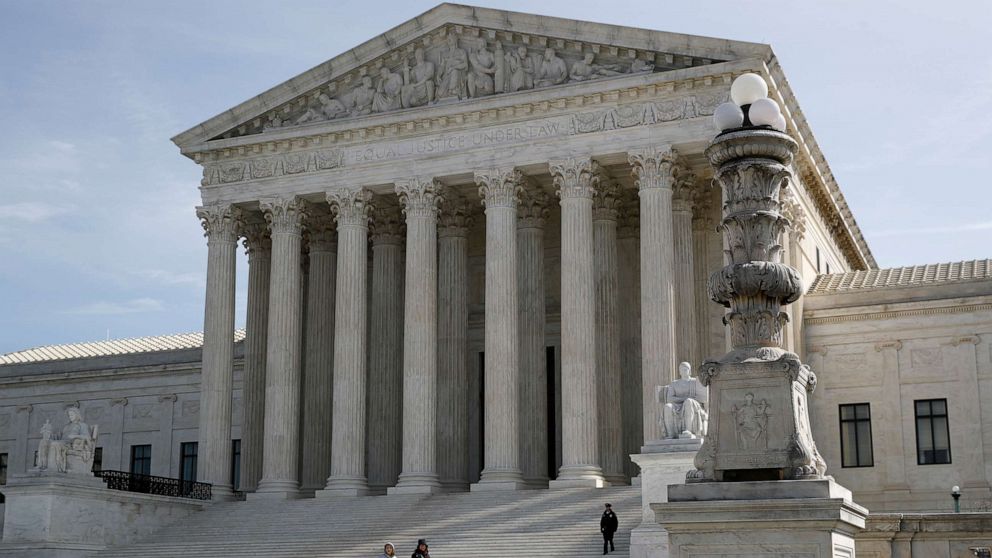How a Criminal Record Can Affect a Personal Injury Case
Being convicted of a crime in the past might be unrelated to your personal injury case, but most people would still view a criminal record in a negative light. Many personal injury cases have a jury that comprises people from all walks of life, who will decide the personal injury claim for a victim. It is possible that a jury may see a criminal record in an unfavorable manner. But how adverse could this be for your lawsuit?
The answer to the above question depends on the crime and how long ago you received the conviction. The effect would be minimal if you were charged with a DUI over ten years ago. In general, the outcome is better if the crime was less serious, and a significant amount of time has elapsed since you were convicted.
If you received a conviction for a felony or a crime involving dishonesty or fraud, it could likely be detrimental to your personal injury claim. Typically, juries are wary of awarding money to claimants who have been convicted of a crime involving criminal misconduct or lying without proof that they have entirely turned their lives around.
In cases of a recent conviction, it is difficult to prove that you have changed in a short duration after committing a violation. The jury, for instance, will be distrustful of the plaintiff’s disposition if they committed fraud less than one year ago.
Previous Criminal Record is Typically Inadmissible in Court
Not every arrest or conviction will have a detrimental effect on your future. Generally, a criminal record is inadmissible in court unless it disproves or supports any evidence. Courts are reluctant to see bias against a party. Even if your criminal record is relevant in the given circumstances, a judge could still not admit it if it creates prejudice that could obscure any help it offers the jury to arrive at a decision.
However, if your personal injury suit goes to trial, you may have to take the witness stand, offering the other side a chance to question your credibility. Under the law, a witness’s credibility can be impeached in a civil lawsuit in certain situations.
Being convicted of a crime involving deception or dishonesty could raise concerns about your ability to be honest. Further, your record could undermine your testimony as well. If you were, say, struck by another motorist at an Alabama intersection and you state on the stand that you have always been a safe motorist, but previous records indicate a DUI conviction or speeding tickets, it can be used as evidence to prove that you are being less than honest.
A criminal record could impact your personal injury lawsuit, depending on the information it contains.
What can you do?
It is wise to tell the truth and engage a seasoned lawyer on your behalf in such circumstances. A high likelihood of you being asked about your criminal record during the course of your trial exists. When faced with questions about your criminal history, it is best, to be forthcoming and provide the details of your offense and conviction. If you choose to conceal this information, the defense will learn about your previous convictions eventually and use it to prove that you are unscrupulous, which be harmful to your case and impact potential recovery.
If you have a serious criminal history, your attorney might recommend avoiding (waiving) a jury trial. In this case, a judge will preside over your case. Compared to a jury, judges are usually more objective and rational in decision making. Juries tend to respond more emotionally to the victim’s injuries. However, this emotional reaction could be negative if the victim has a criminal past.
Expungement
It may be possible to have your record expunged if you were arrested but not convicted of a criminal offense. In Alabama, the expungement process is complex. Thus, it is vital to hire a skilled personal injury lawyer with in-depth criminal defense experience.
Notably, personal injury trials are uncertain and time intensive. Therefore, it is typically best to settle a claim before it gets to that point. However, some personal injury claims do go to trial. In this case, you must be ready to talk about whatever criminal record you may have.
Seek Legal Counsel from Leading Criminal Defense Lawyers
You must be circumspect of everything the opposite side could potentially deploy against you. In this regard, your lawyer can make sure that you do not forget anything. It is best to review your county arrest records and undertake a background check on yourself as you will be better able to understand what the other party will learn about you.
Be candid and upfront about your past to prevent any issues before they arise. A seasoned attorney can help finesse your testimony on the stand to prevent you from being trapped by the defense. In addition, it may even be possible to erase certain convictions even before going to trial.
Even if you have a past criminal record, you are still entitled to claim fair compensation in a personal injury case. The attorneys at the law offices of Smith Law Firm can offer you valuable guidance on how to best manage your criminal record. Call today at (334) 702-1744 for a consultation with a qualified personal injury attorney.



